Traveling to developing countries offers a unique opportunity to experience diverse cultures and landscapes. However, it also comes with the responsibility to make a positive impact. Sustainable travel in these regions involves being mindful of your environmental footprint, respecting local cultures, and ethically supporting the local economy. This guide explores how you can travel sustainably in developing countries, ensuring that your presence contributes positively to the communities and environments you visit.
1. Eco-Friendly Accommodations

Image Credit: Shutterstock / thanongsak kongtong
Choosing eco-friendly accommodations is a crucial aspect of sustainable travel. In countries like Costa Rica, Thailand, and Kenya, many lodges and hotels are designed to minimize environmental impact. These accommodations often use renewable energy, have waste recycling systems, and offer organic, locally sourced food. Staying at these places reduces your carbon footprint and supports businesses that prioritize sustainability. Additionally, many eco-lodges offer unique experiences like guided nature walks, wildlife spotting, and cultural tours, enhancing your travel experience.
Insider’s Tip
Look for accommodations with recognized eco-certifications or awards to ensure they adhere to sustainable practices.
2. Supporting Local Businesses
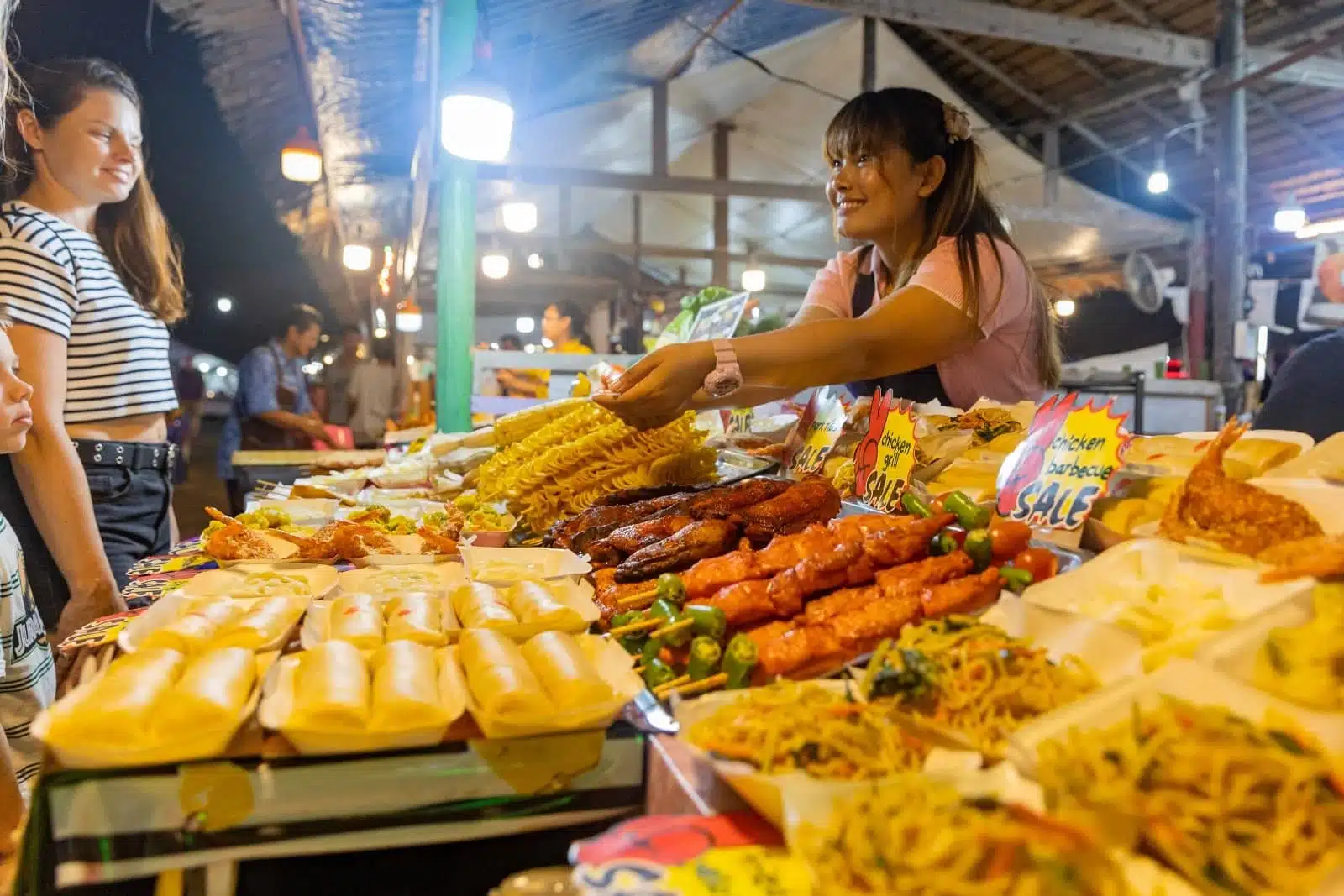
Image Credit: Shutterstock / Alexey Smyshlyaev
When traveling in developing countries, it’s important to support local businesses. This means choosing local eateries, hiring local guides, and buying handicrafts directly from artisans. In places like Vietnam and Morocco, local markets and street food stalls offer a taste of the region’s culinary delights, while also providing income for local families. Similarly, hiring local guides gives you in-depth knowledge of the area and helps sustain the local economy. By supporting local businesses, you contribute to community development and get a more authentic experience.
Insider’s Tip
Ask your hotel or local residents for recommendations on the best local businesses to support.
3. Participating in Community-Based Tourism
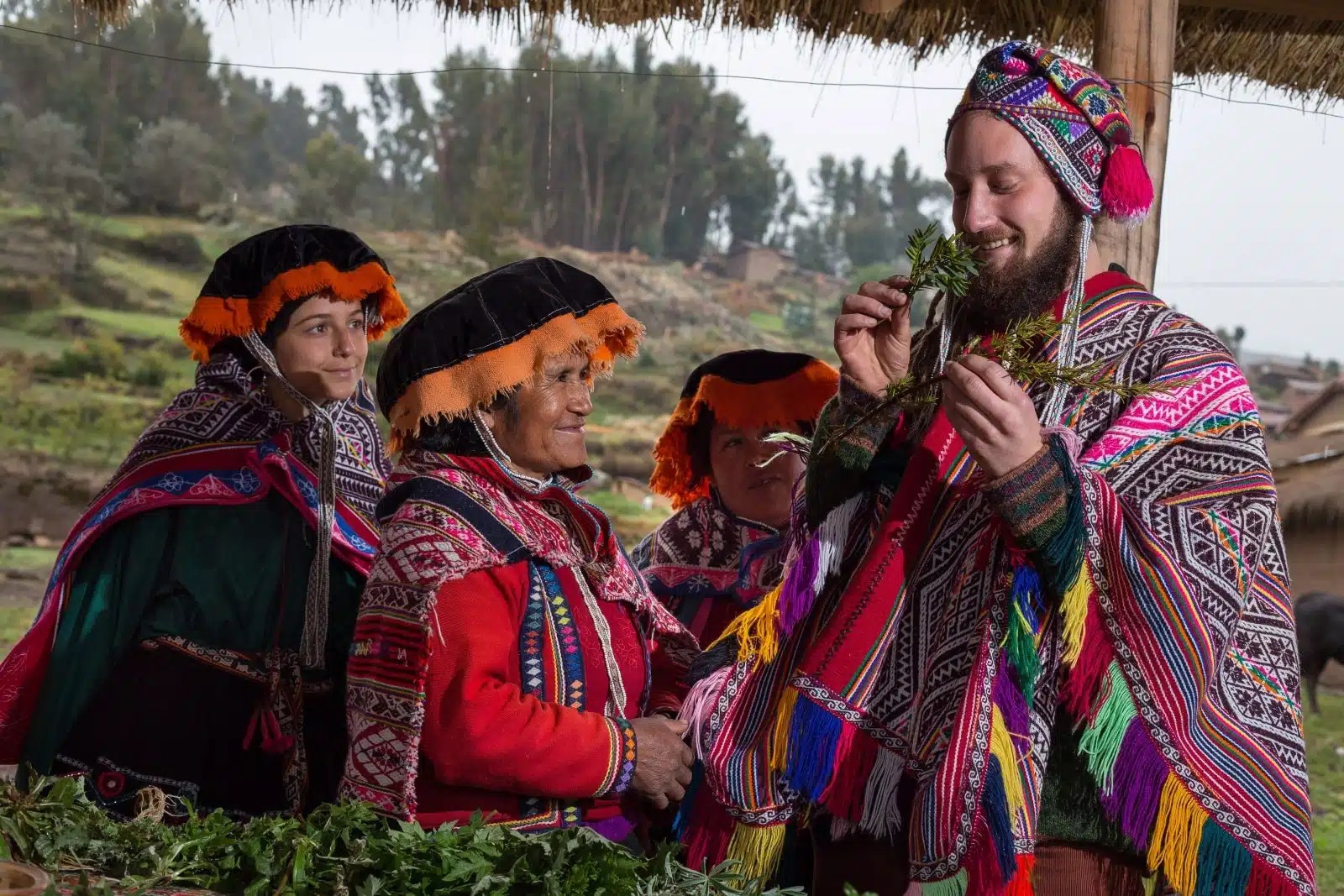
Image Credit: Shutterstock / Yuri Ugarte – Supay
Community-based tourism initiatives allow you to engage with local communities directly. In countries like Peru and Nepal, you can participate in homestay programs, where you stay with a local family. This provides a unique insight into the local way of life and customs. These programs include community-led tours, workshops, and cultural exchanges. By participating in these initiatives, you not only enrich your travel experience but also ensure that your tourism dollars benefit the community directly.
Insider’s Tip
Respect the family’s customs and traditions during your stay, and engage in conversations to learn more about their way of life.
4. Responsible Wildlife Tourism
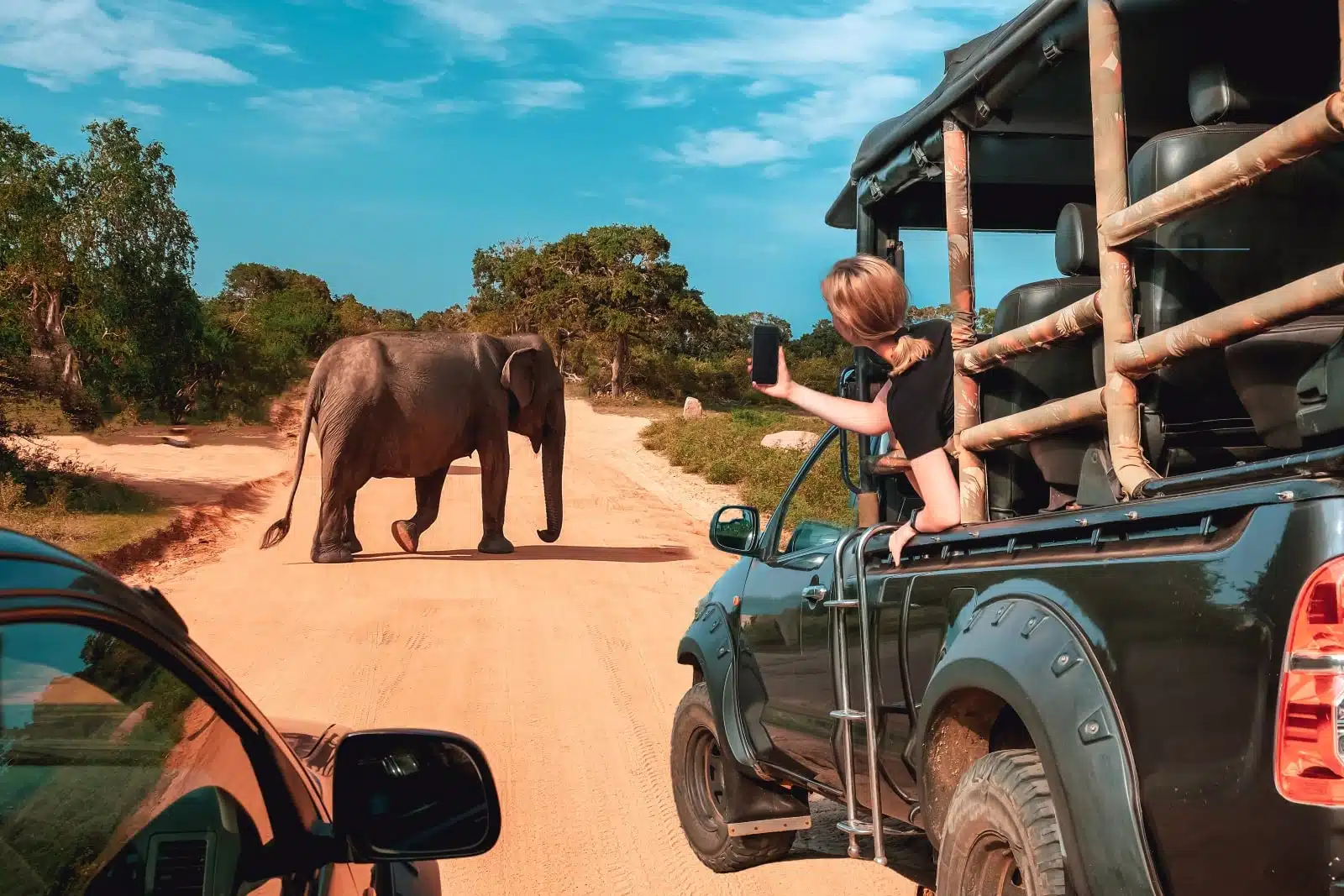
Image Credit: Shutterstock / Shyntartanya
In developing countries with rich wildlife, like Tanzania and India, engaging in responsible wildlife tourism is important. This means choosing safaris or tours that prioritize animal welfare and conservation. Responsible tour operators avoid activities that stress or harm wildlife, such as chasing animals for a closer look or feeding them for interaction. They also employ local guides and contribute to conservation efforts. Choosing these operators ensures that your wildlife encounters are ethical and support conservation.
Insider’s Tip
Research tour operators beforehand to ensure they follow ethical wildlife viewing practices.
5. Minimizing Environmental Impact

Image Credit: Shutterstock / Dean Drobot
While traveling, it’s crucial to minimize your environmental impact. This includes practices like reducing plastic use, conserving water, and minimizing waste. In many developing countries, waste disposal systems are not as efficient, so it’s important to be mindful of your waste. Carrying a reusable water bottle, avoiding single-use plastics, and disposing of waste properly are simple yet effective ways to reduce your environmental footprint.
Insider’s Tip
Pack a travel kit with reusable items like water bottles, bags, and utensils to avoid single-use plastics.
6. Engaging in Cultural Exchange

Image Credit: Shutterstock / Curioso.Photography
Traveling to developing countries offers rich opportunities for cultural exchange. It’s essential to approach these interactions with respect and openness. This means taking the time to learn about local customs and traditions and engaging with locals in a way that is mindful of cultural sensitivities. In countries like Cambodia and Bolivia, you can participate in cultural workshops, attend local festivals, and visit historical sites with guides who provide context about their cultural significance. These experiences enrich your understanding and promote mutual respect and understanding.
Insider’s Tip
Learn a few basic phrases in the local language as a sign of respect and an effort to connect with the community.
7. Sustainable Transportation Choices
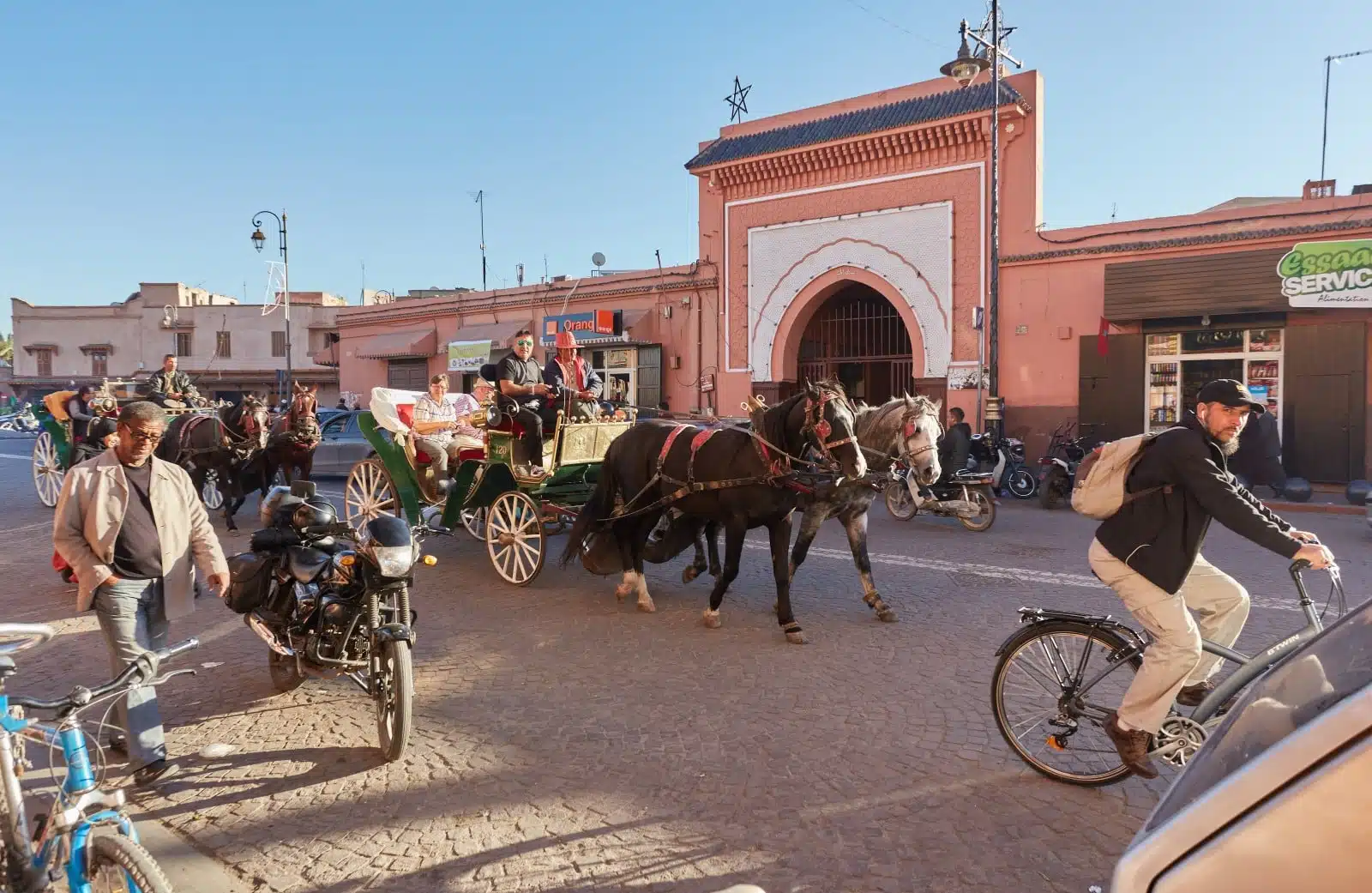
Image Credit: Shutterstock / Ryzhkov Oleksandr
Opting for sustainable modes of transportation can significantly reduce your travel footprint. In many developing countries, options like bicycles, public buses, or even walking are eco-friendly and offer an immersive way to explore. In cities like Hanoi or Marrakech, renting a bike or walking through the streets can give you a closer look at local life. For longer distances, consider using trains or buses instead of short-haul flights.
Insider’s Tip
Check for bike rental services or walking tours that provide a sustainable and intimate way to explore the area.
8. Volunteering Responsibly

Image Credit: Shutterstock / Monkey Business Images
Volunteering can be a rewarding way to contribute to local communities, but it’s important to do so responsibly. Choose ethical programs that have a clear, positive impact on the community. In countries like South Africa or Ecuador, there are opportunities to volunteer in environmental conservation, education, or community development projects. Ensure that your skills match the project’s needs and that your work will have a lasting positive effect.
Insider’s Tip
Research thoroughly and choose reputable organizations prioritizing the community’s needs and having transparent goals and practices.
9. Reducing Water Usage

Image Credit: Shutterstock / shisu_ka
In many developing countries, water is a precious resource. Being mindful of your water usage is an important aspect of sustainable travel. Simple actions like taking shorter showers, reusing towels, and turning off taps when not in use can make a significant difference. This not only conserves water but also respects the local community’s resources.
Insider’s Tip
Stay in accommodations with water-saving initiatives, such as rainwater harvesting or greywater recycling systems.
10. Learning About Local Conservation Efforts
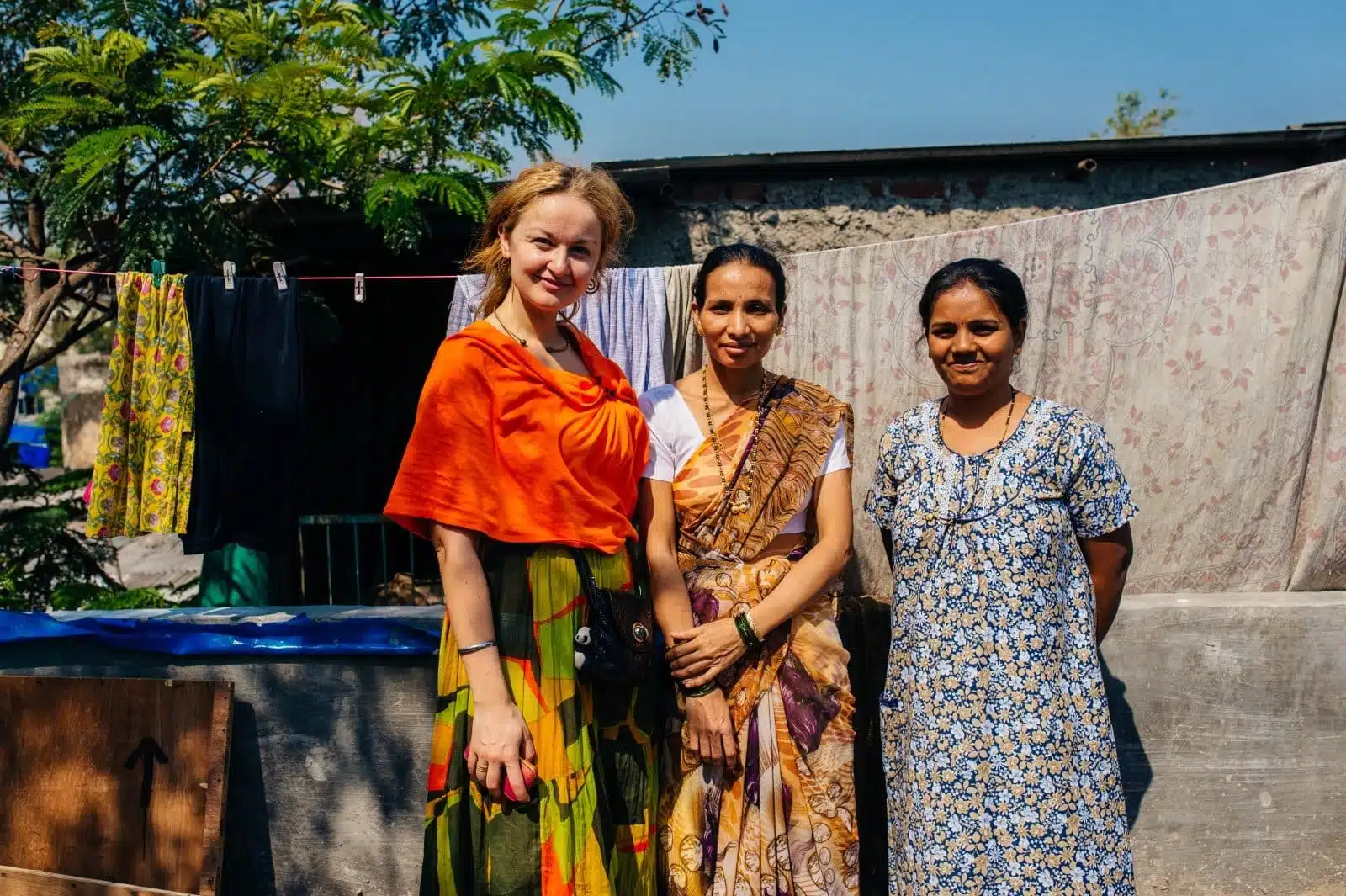
Image Credit: Shutterstock / knyazevfoto
Educating yourself about local environmental and conservation efforts is key to understanding developing countries’ challenges. Many regions have specific environmental issues, and local organizations often work towards addressing these. By learning about these efforts, you can make informed decisions about how to travel responsibly and support these initiatives.
Insider’s Tip
Attend talks or workshops by local conservation groups, and consider donating to support their work.
The Bottom Line
Traveling sustainably in developing countries is not just about reducing your impact; it’s about positively contributing to the places and communities you visit. By being mindful of your choices and actions, you can ensure that your travels are enriching and beneficial for both you and the host communities. Embrace the journey with an open heart and a responsible mindset, and discover the profound impact sustainable travel can have.
More From The Green Voyage
12 Best Practices for Sustainable Travel in 2024 – How to Travel With Minimal Environmental Impact
Unlocking Hotel Perks – A Traveler’s Guide to Maximizing Hotel Reward Programs for Optimal Benefits
Travel Hacks for Frequent Flyers – 6 Tips and Tricks to Make the Best of Air Travel
The post 10 Tips for Sustainable Travel in Developing Countries 2024 first appeared on The Green Voyage.
Featured Image Credit: Shutterstock / Suphalak Rueksanthitiwong.
Tips for Trip Success
Book Your Flight
Find an inexpensive flight by using Kayak, a favorite of ours because it regularly returns less expensive flight options from a variety of airlines.
Book Your Hotel or Special Accommodation
We are big fans of Booking.com. We like their review system and photos. If we want to see more reviews and additional booking options, we go to Expedia.
You Need Travel Insurance!
Good travel insurance means having total peace of mind. Travel insurance protects you when your medical insurance often will not and better than what you get from your credit card. It will provide comprehensive coverage should you need medical treatment or return to the United States, compensation for trip interruption, baggage loss, and other situations.Find the Perfect Insurance Plan for Your Trip
